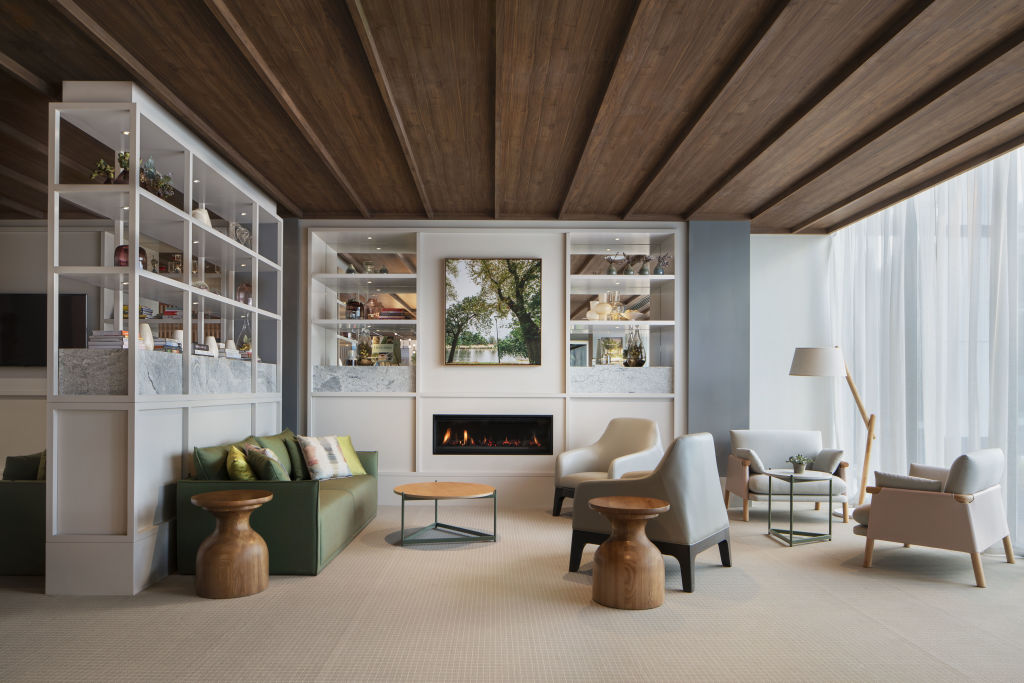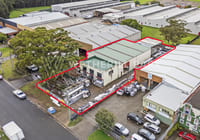
How Airbnb has transformed Australian hotel rooms
Short-term letting platforms like Airbnb are helping drive a hotel mini-boom throughout Australia, in an irony being welcomed by the tourist accommodation industry.
Operators say that stays in Airbnb homes are whetting customers’ appetite for hotels at both ends of the spectrum – either those offering larger apartment-style rooms with small kitchens and sitting areas, or micro-rooms with shared ‘co-living’ communal lounges, dining and work spaces.
“Sometimes a hotel room is fine, but a lot of the time people are after something more and have had the experience of staying in a whole home with Airbnb and like the space and amenities,” said Mark Ronfeldt, the CEO of apartment-style hotel brand Nesuto.
Harry Singh, General Manager of the 168-apartment-room Element Melbourne Richmond, a Marriott brand, said that platforms like Airbnb had blurred the lines between being at home and travelling.
“I think people are travelling with friends and family and pets, and they want more than a hotel room. They want an experience much more similar to that they have at home and, yes, Airbnb is helping that.
“They want more amenities and opening windows and balconies and kitchenettes and good toiletries and service.”
At the other end of the market, the popularity of the newer co-living hotels, with small rooms and large communal spaces, is also growing, including off the back of Airbnb.
“I think the concept has evolved and developed from backpackers’ hotels, where there are lots of communal areas, where people want the feeling of belonging when they’re staying somewhere,” said Klaus Kinateder, the general manager of the first hotel from new co-living brand Cititel X, set to open in January in Sydney’s Pyrmont.
Mr Kinateder said that sharing people’s homes with a short-term letting company like Airbnb or Stayz has helped. It’s not only fuelled the demand for having access to lounge rooms and dining areas, but also for being able to socialise with others during a stay.
“Absolutely, Airbnb has had an effect,” he said. “At first, it was a steamroller effect, but then the hotel industry evolved and got stronger and became more competitive. We could see what people wanted, and we responded to that.”
Beyond transforming the type of product offered by hotel operators, Airbnb has also changed the way that they market their rooms to guests, according to Mr Ronfeldt.
“Of course, we still do compete with Airbnb, but we also list on those platforms as that’s the place customers often go when looking for accommodation. The hotel and accommodation market in Australia is still growing at an exceptional pace,” he said.
Expansion plans
The hotel industry is certainly undergoing a growth spurt, with demand increasing from both the domestic and international markets. The Tourist Investment Monitor, produced by Tourism Research Australia, reports there are a total of 53,227 rooms in the pipeline across Australia until 2028, from a total of 305 projects.
The accommodation sector, in addition, recorded growth in Average Daily Rate (ADR) and Revenue per Available Room (RevPAR) for the year to December 2018. The supply of rooms grew by two per cent and demand grew 1.8 per cent. Sydney and Melbourne are the top markets for RevPAR, while the Gold Coast saw the highest rate of RevPAR growth.
Two of the strongest performers are apartment-style hotels and those co-living cousins, according to Michael Johnson, CEO of hotely industry association Tourism Accommodation Australia.
“Particularly in the last 10 years, apartment-style hotels have had a huge amount of growth,” said Michael Johnson, CEO of Tourism Accommodation Australia. “That’s often to satisfy the needs of the family market and the corporate long-stay market where they want to enjoy the space and comfort of rooms.
“But with the new millennials and the new corporate citizens, we’ve got another new scene emerging, where they’d rather be working, or relaxing, with other people in open shared spaces, maybe listening to something on their headphones, rather than being alone in their own space. That’s a new market now for sure.”
Nesuto – formerly Waldorf – has a number of hotels in Sydney, in Woolloomooloo and Chippendale, in Perth and in Auckland, but is now aiming to treble its footprint over the next four years, with additional hotels across Australia, including Melbourne and Brisbane. Mr Ronfeldt, who’s been in the hotel industry for 40 years, believes that people are now after new experiences.
“They’re looking for good spaces in buildings that fit with their local environment, and are wanting to experience the neighbourhoods and cities they’re visiting,” he said. “They want to be able ask a team member where to go, and have them suggest itineraries according to their interests.
As for co-living hotels, there’s already the Doma group’s Little National in Canberra, and the soon-to-be-opened branch in Sydney, by Wynyard Station, as well as Paramount in Surry Hills. Accor’s Ibis Styles brand incorporates some features of co-living, while it’s already a big trend overseas with CitizenM, Z in Scotland and MamaShelter in London.
Mr Kinateder said that Citatel X, which is owned by Malaysian developer Boon Lee Tan, is open to operating in more Australian locations.
“He’s motivated to open more, and being the leader in the market, but needs to find suitable sites,” Mr Kinateder said.










